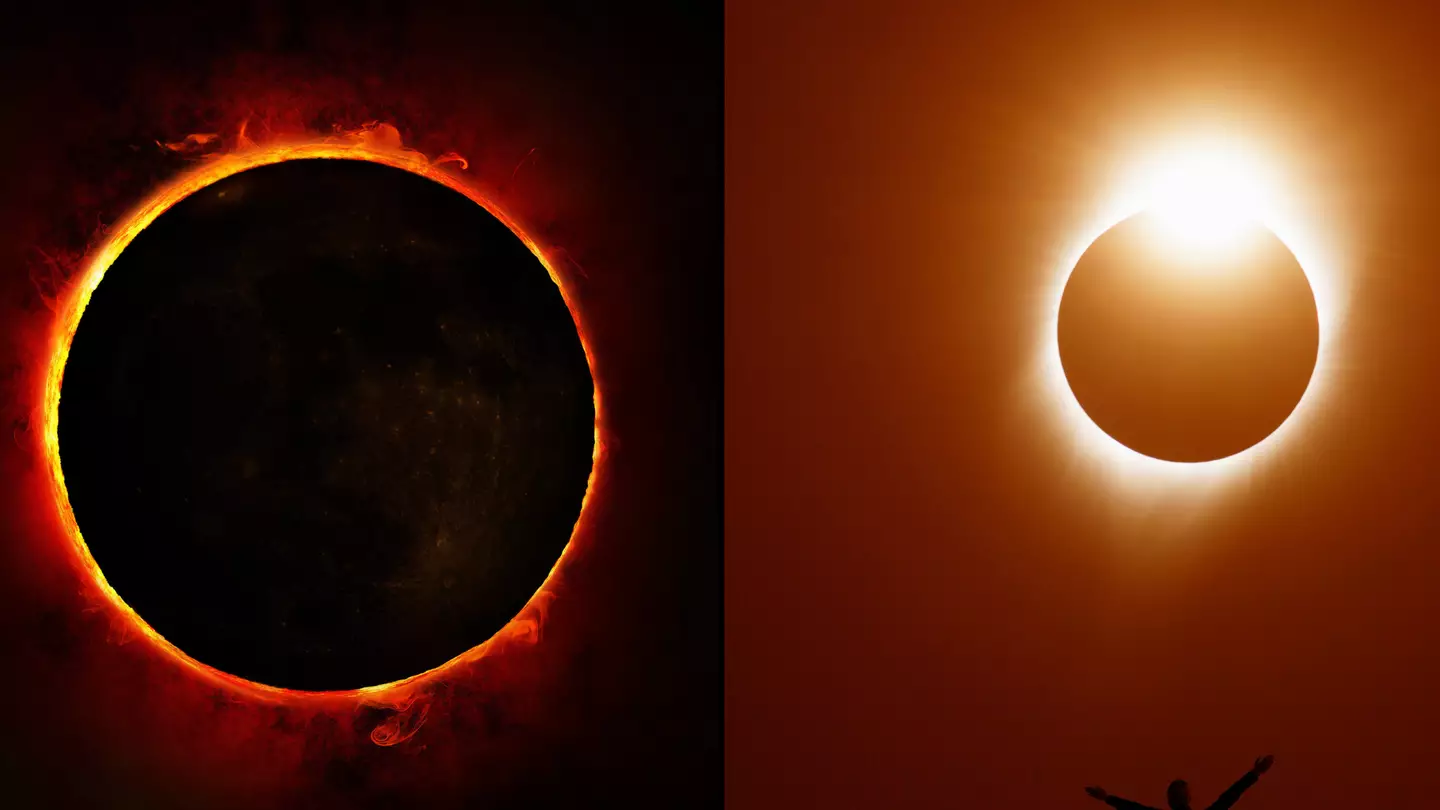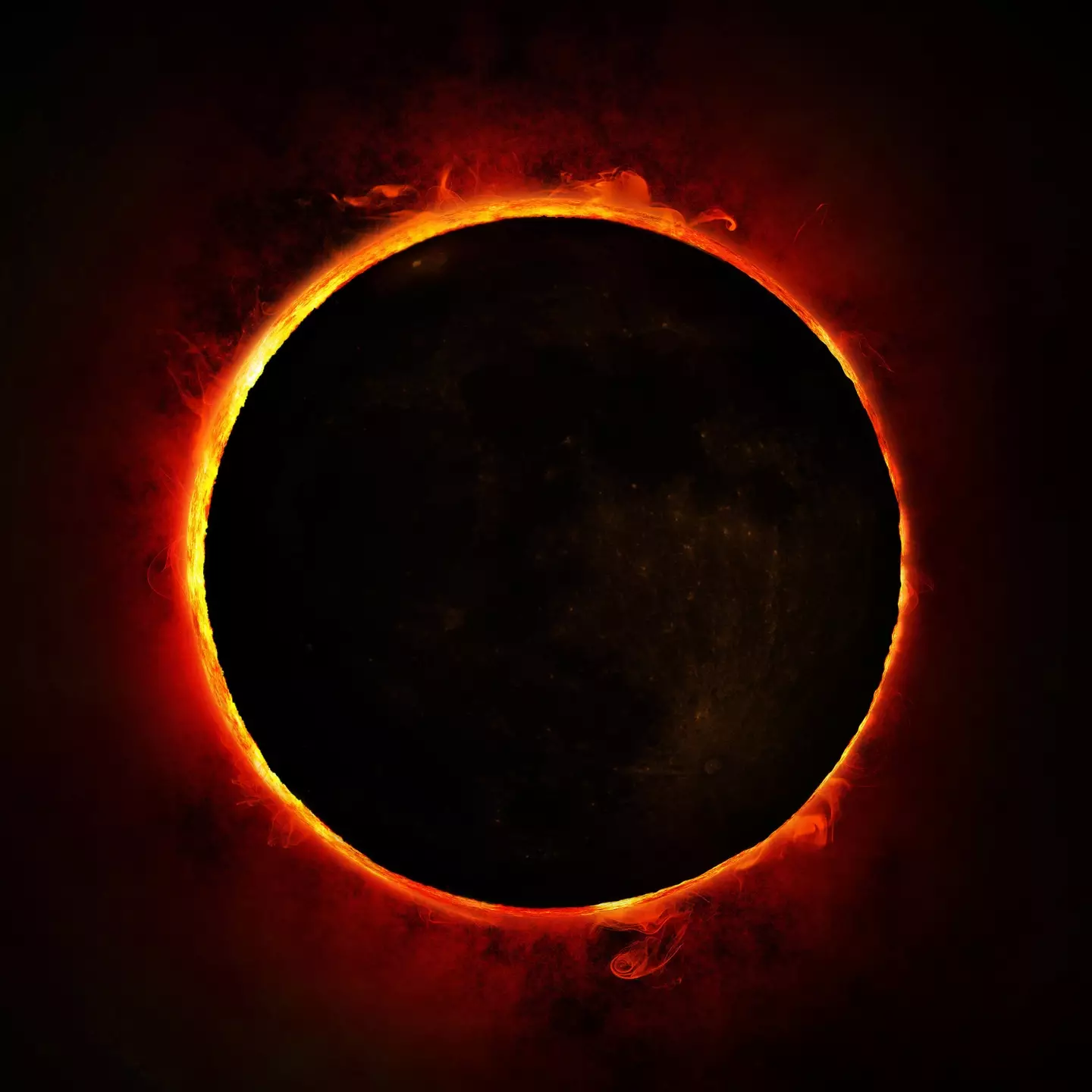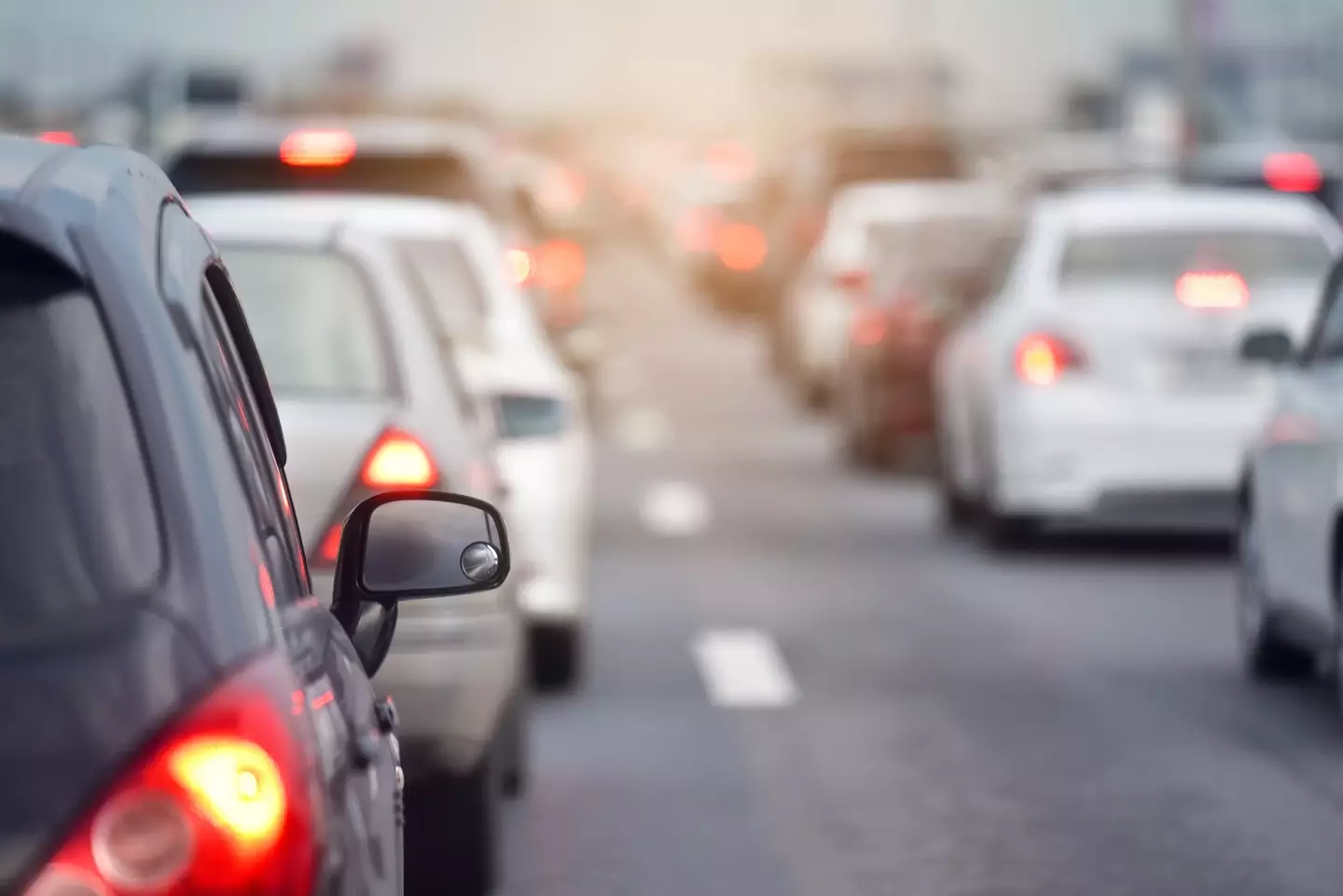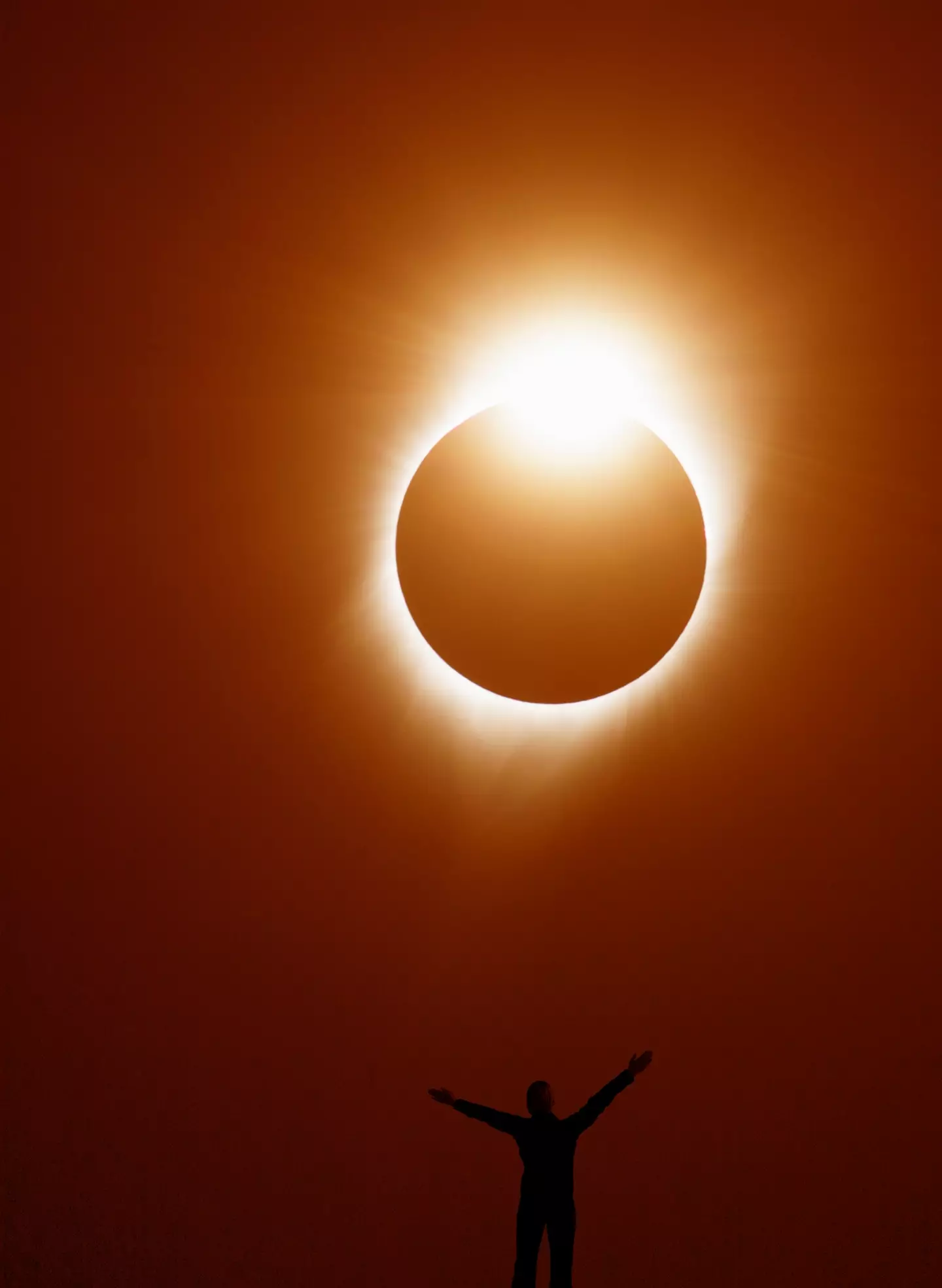
Scientists have issued a warning ahead of next month’s solar eclipse.
Avid astronomers and those who just love a big event up in the sky are looking forward to the spectacle in April when the moon will temporarily block out the sun’s light.
A total solar eclipse will cross North America, with us Brits set for a partial eclipse.
Taking place on 8 April, it’s likely Americans will be travelling to one of the 14 states set to see the thing in full, including Texas, New York, Ohio and Oklahoma.
And dependent on the weather, Mexico will also experience the social eclipse at about 11:07am PDT.
Advert
And after entering Canada, it will end in North America on the coast of Newfoundland at 5:16pm NDT.
But as people get excited for the amazing spectacle of nature and travel to be able to experience it, there are some concerns for peoples’ safety.

Scientists are worried that there will be a spike in fatal car crashes when the eclipse takes place.
University of Toronto researchers looked at National Highway Traffic Safety Administration's Fatality Analysis Reporting System for data from the solar eclipse back in 2017, finding that there were over 1,000 extra road deaths across the US three days before and after the big event.
Advert
Researchers found that around the eclipse, about 10.3 people were involved in a fatal car crash per hour, in comparison to 7.9 people per hour in other comparison windows - with the eclipse linking to a 31 percent increase in fatal car crashes.

"This averaged to 1 extra crash-involved person every 25 minutes and 1 extra crash fatality every 95 minutes." researchers wrote.
It’s said that this reason for the increase of driving is due to there being so many more people taking to the roads to travel over to places to be able to see the eclipse.
The upcoming April eclipse is estimated to see over 3.7 million people travel to one of those key 14 states to experience the wonder.
Advert
It’s likely Texas will see the most travellers, which is said to amount to around 270,000 to one million visitors because it has such a prime location for viewing the solar eclipse.

The report found that the overall increase to traffic risk was comparable to what happens on major US holidays like Thanksgiving and the big 4th of July weekend.
"The problem is the surrounding hours, when people are traveling to their place of observation and especially afterwards," the report's co-author Dr. Donald Redelmeier, a professor of medicine at the University of Toronto told Live Science. "We're especially concerned about the drive home."
For us Brits, the beginning of the partial eclipse is predicted for 7:52pm in Scotland, 7:45pm in Northern Ireland and England and at 7:55pm in Wales.
Advert
NASA has also created an immersive map to track how and when the eclipse will journey from Mexico across the US and Canada.